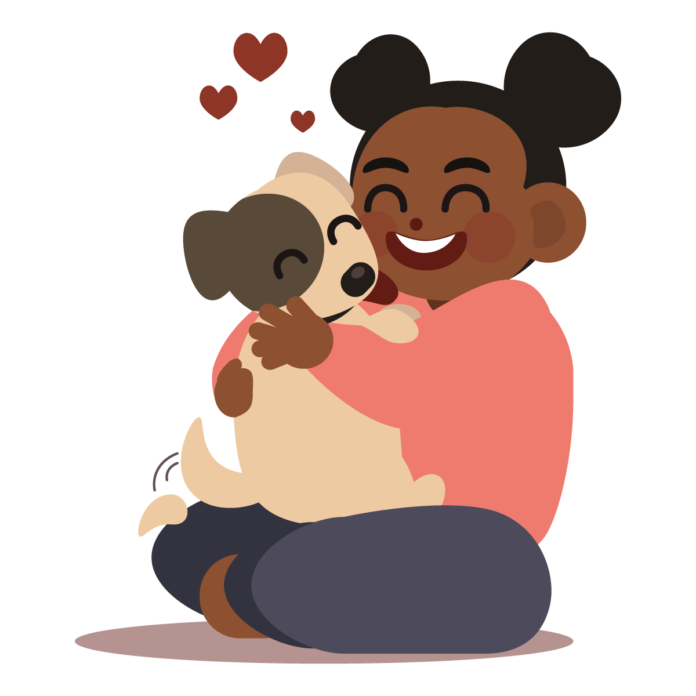You’ve heard it before, written across your feed from time to time when one of your friends shares a post from the Dodo or any SPCA organization: adopt don’t shop. Maybe you rolled your eyes thinking back to that one dog breed that you really, really, really want. “I’ll just adopt from a small breeder there’s no harm there,” you think to yourself. It’s just not true. Maintaining the economy of “perfect” pets is toxic and harmful, even if you think that supporting your neighbourhood breeder excuses you from this.
It’s impossible to pretend that the reason people choose a selected pet, be it cat, dog, fish, bunny, bird, etc. is not because of the look of said pet. It definitely is: you want a pug because it looks like a pug, not because it’s a dog. Maybe you’ve seen the video from the Internet series, “Adam Ruins Everything,” where he goes over everything wrong with the breeding of the bulldog. Here’s the synopsis: breeding specific pedigrees reinforces negative genes that are common to specific dog breeds. For example, German Shepherds tend to have bad hips that require surgery later in life. So your roughly $2,000 purchase on a purebred dog costs you even more money down the line. In reality, if you wanted a dog that looks like that specific breed you can probably find a mixed breed of some kind that resembles the original breed from a local shelter or any assortment of rescues. My family, for instance, has adopted dogs that look like German Shepherds, Golden Retrievers, and Golden Labs all for a donation to the rescue organization.
Rescues and shelters can satisfy the needs of anyone for a pet. For dogs and cats you can probably find the pet that you want that satifies colour, size, or personality without having to contribute to breeding practices.
Even if you don’t take offence to breeding, despite that many studies suggest that it is in fact harmful to cat and dog species and the fact that many breeds are “man-made,” you can agree that the number of homeless pets could be reduced by turning to a shelter instead of a breeder for your pet. Evidence of this can be found by merely skimming the pages of sites like Kijiji that host post upon post of people giving up their “beloved” pets. Walk into a Pet Smart and read the descriptions of the pets that they have up for adoption who need new homes. You’ll find phrases like, “their owner couldn’t care for them anymore” or “they’ve had a hard early life,” or “used and abused looking for some compassion in their lives.” It’s disgusting the way that pets like these are cast aside for the aesthetic of some.
Consider adopting pets that need homes instead of fuelling the breeding practices that only harm pets in the long run the next time you want to bring home a new friend.
Alexandra Hanrath
3B English Literature





























